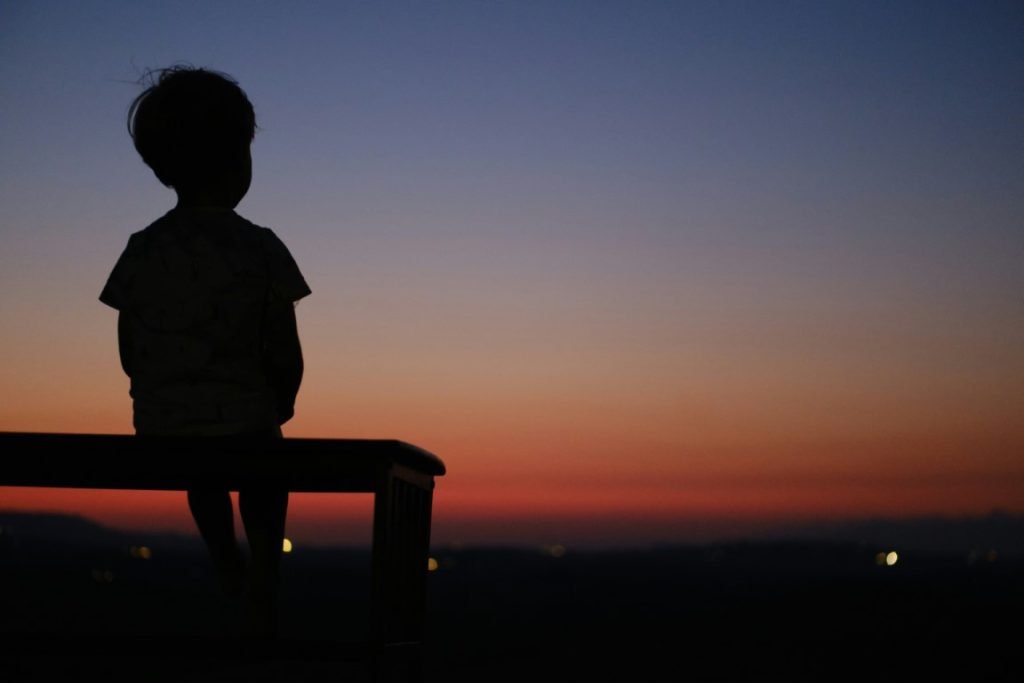
Author name: Vipul Yash
Relevance of the Issue
 Sexuality has always been a hushed topic in India. The irony being, India recently dethroned China as the most populous country on earth. Sexual expression gets even lesser attention when it comes to protection concerns, especially adolescents. Understandably so, India has a historical problem of child sexual abuse (CSA), where any discussion on the autonomy of adolescents needs to be accompanied with their protections as well.
Sexuality has always been a hushed topic in India. The irony being, India recently dethroned China as the most populous country on earth. Sexual expression gets even lesser attention when it comes to protection concerns, especially adolescents. Understandably so, India has a historical problem of child sexual abuse (CSA), where any discussion on the autonomy of adolescents needs to be accompanied with their protections as well.
On the other side, the judiciary, civil society, and the government are aware of the sizable amount of ‘romantic cases’ under POCSO i.e. where express consent was given by the parties (mostly adolescents) for sexual activity. POCSO Act is a legislation for protecting children (both male & female) under the age of 18, from any form of sexual abuse. The legislation considers any form of consent provided by children as immaterial and has harsh penalties, ranging from 3 years imprisonment to the death penalty.
The year 2023 saw major developments on the issue of the age of consent i.e. when does a person become eligible to give consent for sexual activities and the related issue of child marriage. We witnessed two rounds of crackdown on child marriage in Assam, one in February and another in October. In the middle of these crackdowns, the Law Commission of India released its 283rd Report titled, ‘Age of Consent under the Protection of Children from Sexual Offences Act, 2012’. For the 1st time since its inception, the Law Commission has dedicated a full report on the ‘age of consent’. Keeping in mind the Report and the fact that most of the alleged perpetrators in the Assam incident were booked under POCSO, the debate over the contentious issue of ‘age of consent’ has again been revitalized.
Historic Space of Children in Society
The idea of treating a child as autonomous individuals and the philosophy around it found a foothold in our consciousness not so long ago. Historically, children were considered completely under the care and protection of their guardians. The first exclusive convention for children i.e. Rights of the Child (1924), was framed 99 years ago, by the now-dissolved League of Nations. The most historic commitment, in the sphere of child rights, is the United Nations Convention on the Rights of the Child (UNCRC). The UNCRC was adopted in 1989 and came into force in 1990, less than 40 years ago. One of the four (4) core principles of UNCRC is the ‘Principle of meaningfully engaging and respecting children’s view’. This puts an obligation on every member state to make provisions for respecting children’s view in its related legislation. As streamlining laws is an ongoing process, and it has only been 31 years since India ratified it, treating every child rights legislation as an epitome of upholding UNCRC views is quite premature.
In the Indian context, there is a high degree of parent participation in every decision of a child’s life. Another important fact is the high levels of child sexual abuse cases in the Indian subcontinent. These two assertions led to the creation of the POCSO Act in 2012, with high penalties coupled with the removal of any autonomy on the part of the children.
As a child’s consent holds no value in the POCSO Act, there is certainly room for respecting the child’s view.
POCSO – Protection V Autonomy

With all the protection that POCSO provides against child sexual abuse, one hiccup that judges and judicial officers often face is, ‘romantic relationships’. Allahabad High Court while granting bail to an accused in a POCSO case opined that ‘POCSO Act was never meant to criminalize consensual romantic relationships between adolescents’. Romantic relationship cases are the ones, where the victim and the accused, have consented to the sexual activity. In such cases, there is no element of coercion or false promises, and both the contracting parties are mostly of adolescent age. In the opinion of various experts, the harsh penalties under POCSO in such cases, are out of proportion. CJI Chandrachud raising concerns over this has stated that, “…..I have observed that this category of cases poses difficult questions for judges across the spectrum. There is a growing concern surrounding this issue, which must be considered by the legislature in the light of reliable research by experts in adolescent healthcare.”
If we read the age of consent in the light of the KS Puttaswamy case (Right to Privacy judgment), it becomes clearer as to why some form of leeway must be provided to the judges or the contracting parties in romantic relationships. In KS Puttaswamy’s (2013) case, ‘Right to Privacy’ was accorded the status of a fundamental right. An important part of the right to privacy is the protection it provides to the decisional aspect of the individual. With a parallel reading of the Puttaswamy case, it becomes critical to strike a delicate balance between protecting children and respecting the development of their personal autonomy.
Law Commission of India – Striking a Balance

In its report, the Law Commission of India has attempted to strike a balance between protecting children and giving heed to their autonomous decision-making.
Reducing the age of consent to 16, as was the case before POCSO, can have several unintended consequences. The National Crime Record Bureau data suggests that most perpetrators are someone close to the child or someone the child knows. In such cases, establishing explicit consent or no, becomes very difficult in a court of law. According to the Crimes in India Report 2021, the percentage share of known persons committing rape on the child stood at a staggering, 97.1%. Hence reducing the age of consent to 16 is not a viable option, as suggested by the Law Commission.
The balancing act comes into the picture when the report suggests the introduction of judicial discretion during the sentencing of crimes. Carving out a limited judicial discretion at this stage provides a reasonable approach towards striking a delicate balance between protection and the fact that adolescents at that age do get into consensual relationships. The report recommends that there shouldn’t be any automatic decriminalization of sexual acts with adolescents between the ages of 16 to 18, but judges should be allowed to give reasonable penalties during sentencing. The discretionary power needs to be well-guided and insulated from any potential misuse as far as possible. This discretion will help in keeping at bay the 3-year minimum sentencing order that POCSO entails even for the lowest crimes mentioned within it.
But what remains is the criminalization of a person who never used any force or threat to the adolescent involved. Approximately 25% of the POCSO cases are romantic in nature. One (1) in four (4) cases of POCSO had consent in it, but may still lead to conviction. This needs to be looked into further by the policymakers as a criminal record remains for a lifetime.
Way Forward
The law commission report reflects what can be done at a Special Court level. The recommendation of allowing judges to apply their prudence, within the confines of the law, should be appreciated. But what can be done at the grassroots?
The answer may feel repetitive, but the key is ‘communication between parents and children’. Despite every effort at the policy level, the debate over the age of consent will not be resolved soon. A family with a safe space for communication, where the parents understand the different phases of their child’s development, will play a key role in helping the child make informed choices. An adolescent who has been informed of every pros and cons of such decisions is more likely to make an informed decision. This informed decision coupled with judicial discretion in dealing with romantic cases, will lead to heightened awareness in the community and less demonisation for adolescents who have opted for a romantic relationship.

